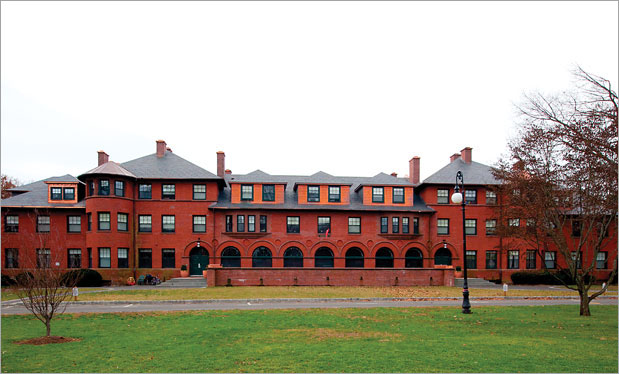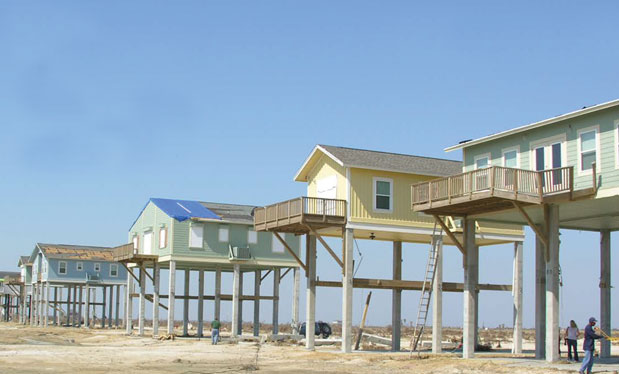The start of the 113th Congress brought renewed optimism for an overhaul of the federal tax code. Years of planning, numerous congressional hearings and a bipartisan partnership forged between then Senate Finance Committee Chairman Max Baucus (D-Mont.) and House Ways and Means Chairman Dave Camp (R-Mich.) had tax reform advocates hopeful a rewrite of the tax code could happen for the first time since 1986.
The committees launched an aggressive educational campaign and sought input from individuals and interested stakeholders, including NRCA, but as it stands now, the prospects of enacting tax reform look bleak.
Politics as usual
As hopeful as tax proponents were, the dynamics of Congress have shifted greatly since the beginning of 2013. With a government shutdown, implementation of the Affordable Care Act and efforts to enact immigration reform dominating the agenda, both parties are unwilling to compromise on most legislation. Major ideological differences still remain between Republicans and Democrats over whether revenue increases should be included in any reform package.
Although both sides agree the tax code is riddled with uncompetitive policies that stifle economic growth, politics gets in the way of policy. With the midterm elections in November, Republicans have a chance to win a majority in the Senate and are on track to maintain a majority in the House, adding an additional layer of politics to every debate.
And with Baucus resigning to become ambassador to China, Sen. Ron Wyden (D-Ore.) now holds the gavel of the powerful Finance Committee. Although Wyden generally possesses a liberal voting record, he has a history of working on a bipartisan basis with Republicans. Meanwhile, Camp announced he will retire at the end of this Congress, likely ending his personal quest to enact tax reform.
Small steps
However, Congress is working on what some are calling a "bridge to tax reform" by renewing or making permanent a series of temporary tax provisions that expire yearly, known as the "tax extenders" package. Of prime concern to the roofing industry are business expensing limits and commercial and residential energy-efficiency tax credits. Section 179 expensing limits fell from $500,000 to $25,000 at the beginning of the year. In addition, the Commercial Buildings Tax Deduction (Section 179D) and Residential Energy Efficiency Tax Credit (Section 25C) both expired at the end of 2013.
The Senate Finance Committee has passed a two-year renewal of almost all tax extenders, including a provision NRCA requested that would expand the Section 25C tax credit to include all ENERGY STAR®-approved roofing products. The House is taking a slower long-term route to addressing the expired tax provisions. Camp wants to permanently extend only a few provisions, one of which is Section 179 expensing. Given the two approaches, it is unclear whether a compromise will be reached before November, but one could occur during an expected lame duck session of Congress after the elections.
Business would benefit
For years, business owners have been asking for certainty in the tax code. But with nearly 4 million words and an average of one new provision added to the tax code daily, it's not surprising business owners are frustrated with Washington, D.C. It's difficult for business owners to make decisions such as new equipment purchases, new hires or expanding to new territory when federal tax policy is so fluid.
Tax reform is an opportunity to lower taxes for businesses and individuals while simplifying an overly complex tax code. About 75 percent of NRCA member contractors are organized as pass-through businesses, which means they pay their taxes at the individual level, currently as high as 39.6 percent. When it comes to the corporate tax rate, the U.S. has the highest rate of any developed country at 35 percent. Given NRCA's diverse membership, it is imperative tax reform be comprehensive, lowering corporate and individual tax rates. NRCA has actively communicated this message to Congress.
A huge undertaking
Reforming the tax code is no easy feat. With so many moving parts and the massive effect on the economy, it cannot be rushed and must be done in a thoughtful manner. The forecast for the rest of the year likely will have Congress focusing on the tax extenders package and their election prospects. This means the earliest we will see a renewed push for tax reform would be 2015.
NRCA will continue to educate lawmakers about policies they can implement to help roofing contractors grow their businesses. As the debate marches on, NRCA stands by its principles of lowering tax rates for all businesses and providing greater certainty in the tax code.
Andrew Felz is NRCA's manager of public affairs.



